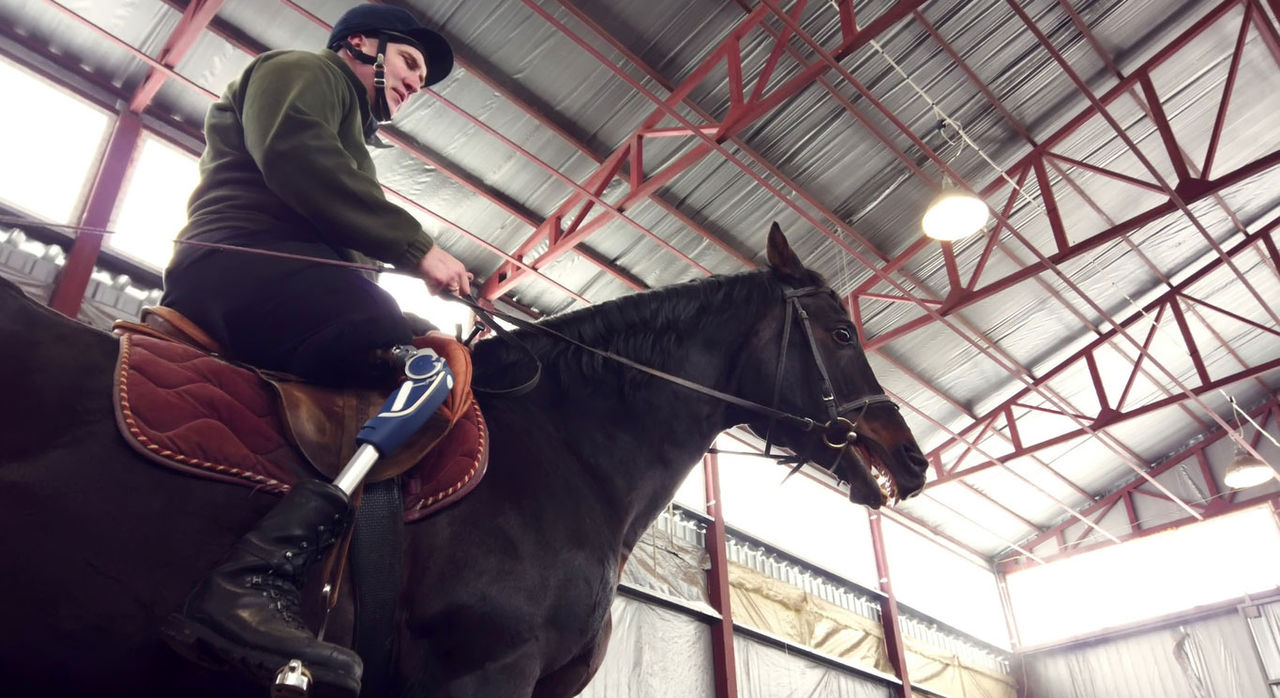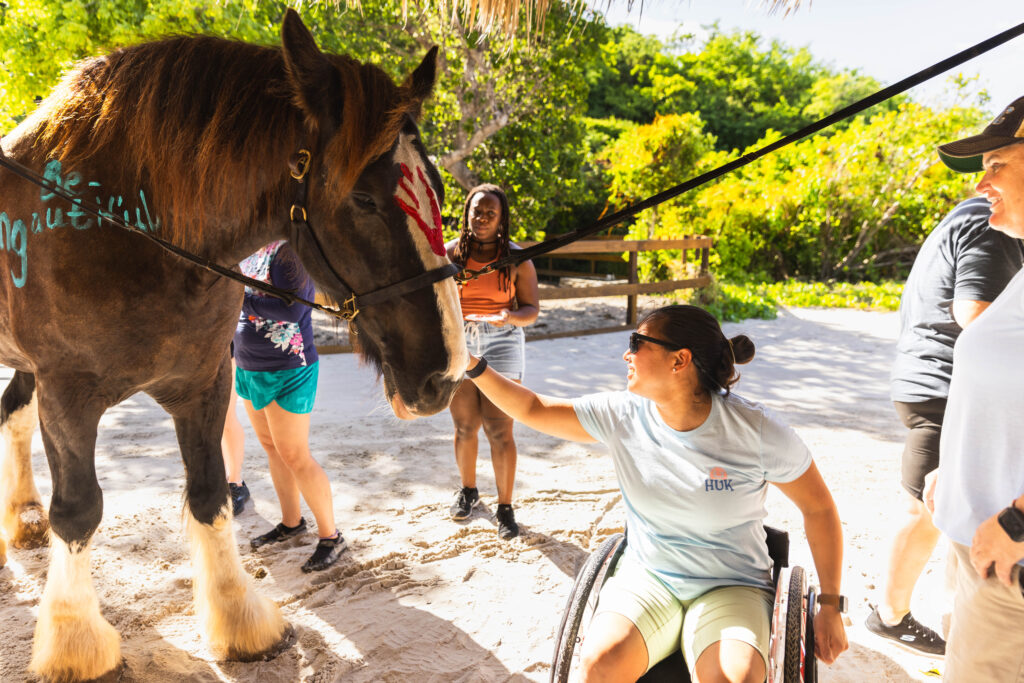The Horse and Human Bond: A Therapeutic Relationship

The unique bond between horses and humans has been celebrated for centuries, not only for companionship but also for its therapeutic benefits. This article explores the multifaceted relationship between horses and humans, highlighting how this connection fosters healing, emotional growth, and physical rehabilitation.
Introduction

Horses have long been recognized as powerful partners in therapy, offering more than just physical support. Their sensitivity, responsiveness, and non-judgmental nature create a safe space for individuals to explore emotions and develop trust.
The Nature of the Horse-Human Bond
- Emotional Connection: Horses are highly perceptive animals that respond to human emotions, creating a feedback loop that enhances emotional awareness.
- Mutual Trust: Building trust is essential; horses require consistent, calm interaction, which helps humans develop patience and empathy.
- Non-Verbal Communication: Much of the interaction relies on body language, fostering mindfulness and presence.
Therapeutic Benefits of the Horse-Human Relationship
| Benefit | Description |
|---|---|
| Emotional Healing | Horses help individuals process trauma, anxiety, and depression through empathetic interaction. |
| Physical Rehabilitation | Equine-assisted therapy improves balance, coordination, and muscle strength. |
| Social Skills Development | Working with horses encourages communication, teamwork, and confidence. |
Types of Equine-Assisted Therapies
- Equine-Assisted Psychotherapy (EAP): Combines traditional psychotherapy with horse interaction to address mental health issues.
- Therapeutic Riding: Focuses on improving physical abilities and emotional well-being through riding lessons.
- Hippotherapy: Uses the horse’s movement as a treatment strategy for neurological and physical disorders.
How Horses Facilitate Healing
- Non-Judgmental Presence: Horses offer unconditional acceptance, which helps individuals feel safe and valued.
- Mindfulness and Grounding: Interacting with horses requires being present, which can reduce stress and improve mental clarity.
- Responsibility and Routine: Caring for horses instills a sense of responsibility and structure, beneficial for mental health.
Frequently Asked Questions (FAQ)
Q1: Who can benefit from equine-assisted therapy?
A1: Individuals with mental health challenges, physical disabilities, trauma survivors, and those seeking personal growth can benefit.
Q2: Is prior experience with horses necessary?
A2: No, therapies are designed for all experience levels, with professionals guiding the process.
Q3: How long does equine therapy take to show results?
A3: Results vary; some individuals notice improvements within weeks, while others benefit from long-term engagement.
Conclusion
The horse and human bond is a profound therapeutic relationship that transcends traditional treatment methods. By fostering emotional connection, physical healing, and personal growth, horses serve as invaluable partners in therapy.
This expanded content is designed to be SEO-friendly by incorporating relevant keywords, structured formatting, and comprehensive coverage of the topic, making it suitable for a detailed blog article.
